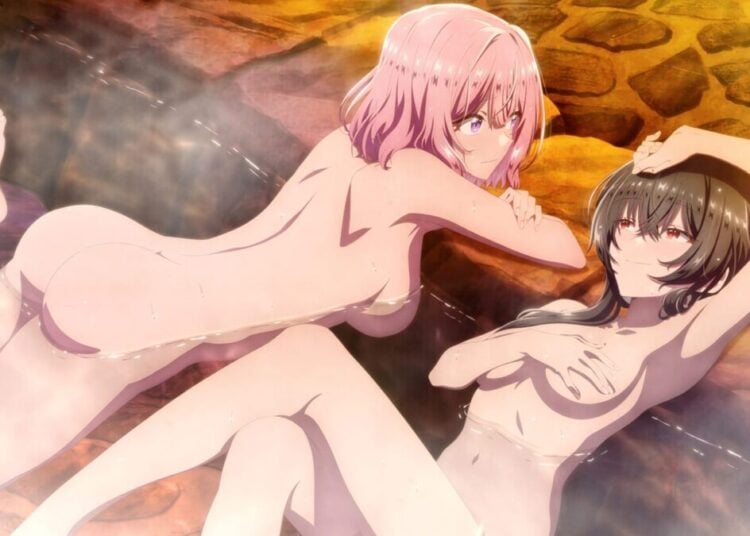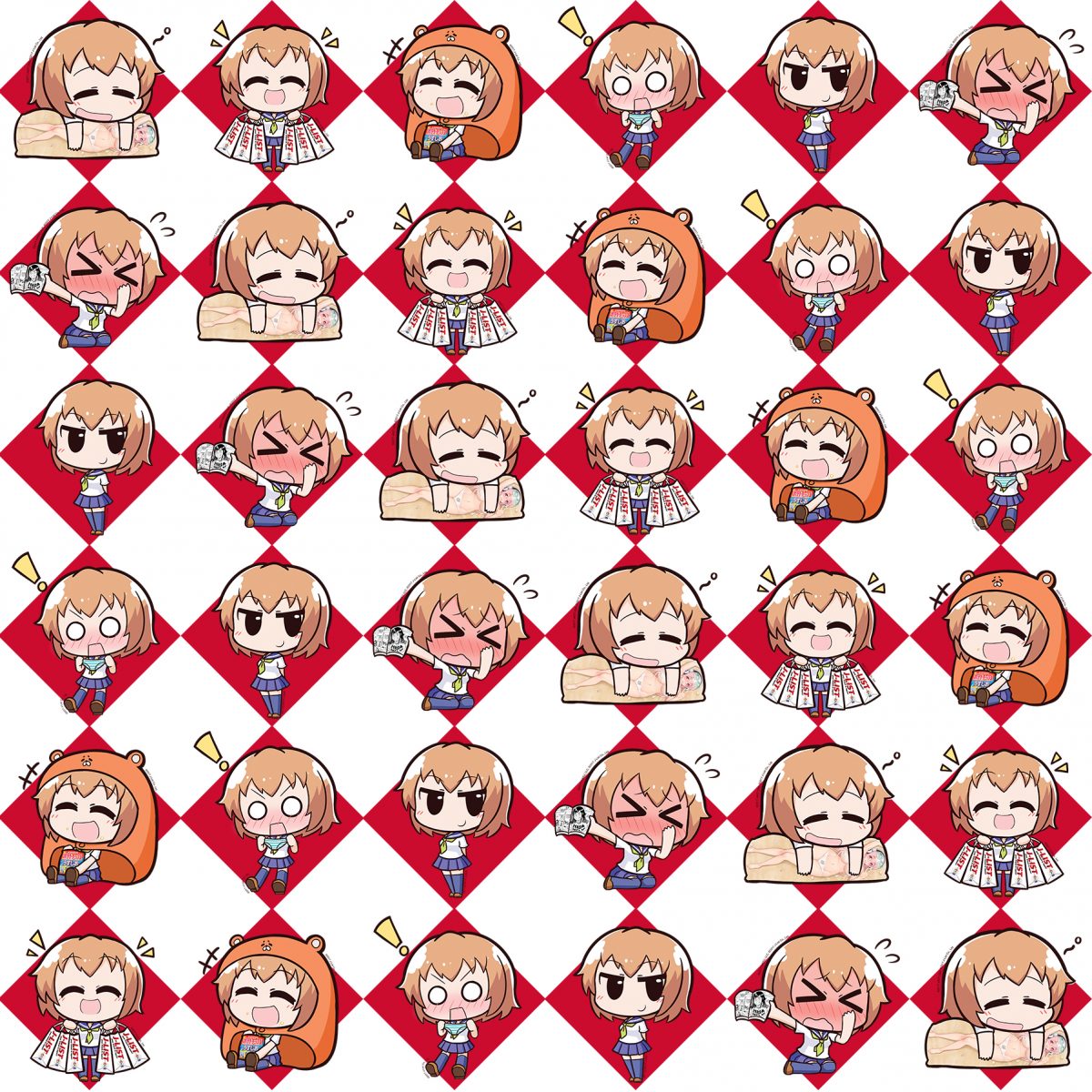Prime Minister Shinzo Abe announced yesterday that he’d be resigning as Prime Minister of Japan, to battle a disease he’s fought for years. Here’s a post about what this means for Japan, and what the resignation of Mr. Abe means for Japan. I’ll also give you some Japanese election coverage, since you might be tired of American politics by now.
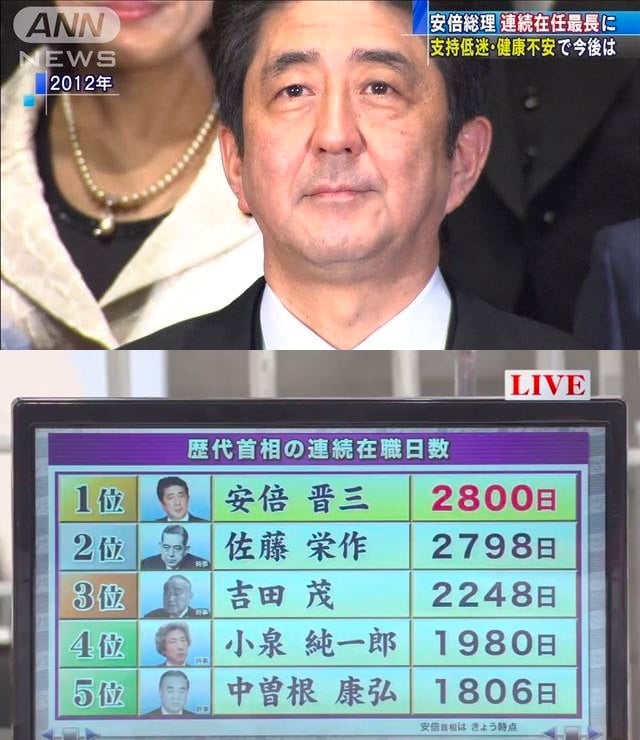
Prime Minister Abe Resigns. What’s Next for Japan?
First of all, otsukare-sama deshita to Prime Minister Abe and congratulations on his long string of achievements. In his two stints as Japanese leader, from September 2006 to September 2007 and from December 2012 to August 2020, he managed to do many good things, including winning the 2020 Tokyo Olympics for Japan (though that didn’t work out so well thanks to COVID-19) and helping Japan finally come out of it’s “lost decades” of economic stagnation in the aftermath of the Japan Asset Bubble’s bursting in 1991.
He achieved many positive goals during his two tenures. Propelled back into office when the Liberal Democratic Party retook the leadership from the Democratic Party of Japan in 2012 over the DPJ’s poor handling of the economy and the Fukushima nuclear disaster — Hideki Anno’s outstanding Shin Godzilla was basically political commentary on how inept then-Prime Minister Naoto Kan’s government was during the crisis, told through the medium of a monster movie — he got the economy growing, if slowly, allowing Japan to see the first inflation in three decades, and land prices in Tokyo actually rising.
He balanced the tricky task of being caught between China and the U.S., maintaining decent relations with both. He greatly improved Japan’s ties with India. He didn’t make any particular headway on the rachi mondai (the problem of at least 17, but potentially hundreds of, Japanese citizens who were kidnapped to North Korea to serve as language teachers to spies), but he did “do the right thing” by recognizing the South Korean comfort woman issue, issuing an apology and paying restitution…though oddly, South Koreans hate Japan all the more for some reason. Oh well.
His primary achievement as PM was lasting so long. Japan has a very similar parliamentary government system to Great Britain, but between 1991-2014, Japan managed to change leaders 15 times while the Britain had only had four Prime Ministers. There’s something about Japanese politics that causes most leaders to be forced out of office by low public support ratings every 1-2 years or so, with the exception of Mr. Abe and one other, Junichi Koizumi.
“My condition is not good and I will be in pain.” Japan’s Prime Minister says his poor health means he can no longer fulfill his duties. https://t.co/tgFLpqb5CF pic.twitter.com/P9hwZbU6Xr
— NHK WORLD News (@NHKWORLD_News) August 28, 2020
Why did Prime Minister Abe Resign?
Unfortunately Mr. Abe suffers from a disease called ulcerative colitis, an inflammatory bowel disease that affects the colon, and can cause extreme discomfort and be life-threatening. I know rather a lot of about this disease because my son suffers from it, too, and has had to get treatment for it at various times. My son jokingly was bummed about losing his famous “ulcerative colitis buddy” now that Abe is stepping down.
Who Will Replace Prime Minister Abe?
Since you’re probably tired of American politics, I thought I’d go over the major names in the Japanese political world, who might potentially step into Mr. Abe’s shoes.
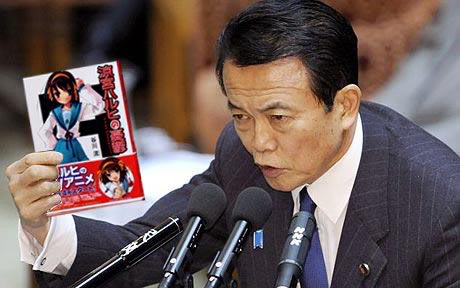
Taro Aso
A former Prime Minister who was famous for his love of manga and anime, he’s currently serving as Deputy Prime Minister. A cool guy for several reasons beyond being Japan’s former “Otaku Prime Minister,” he did things like represent Japan at the 1976 Olympics on the shooting team and go diamond mining in Sierra Leone. He speaks Portuguese fluently and is a Catholic. Sadly he lacks the political support for another stint as PM.
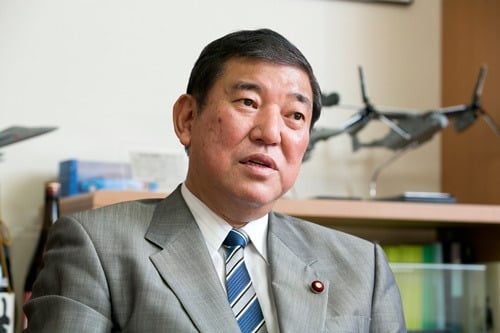
Shigeru Ishiba
A likely contender to replace Abe for Prime Minister is the former head of the Japan Self Defense Forces (what the military is called, since they only hold self-defense weapons), he’s another otaku…a military otaku who love all things related to guns, tanks and ships. I love the guy, but it doesn’t seem he’s got a lot of support by his section of the LDP.
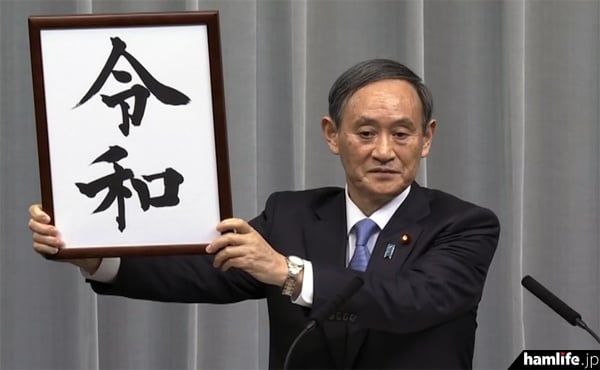
Yoshihide Suga
Nicknamed Reiwa Ojisan (Uncle Reiwa) for being the guy who got to announce the current Imperial Era name in 2018, he’s another possible future PM. Considering that “Heisei Ojisan” Keizo Obuchi (the guy who held the sign up announcing the start of the Heisei Era in 1991) became Prime Minister, this guy will definitely get a shot eventually.
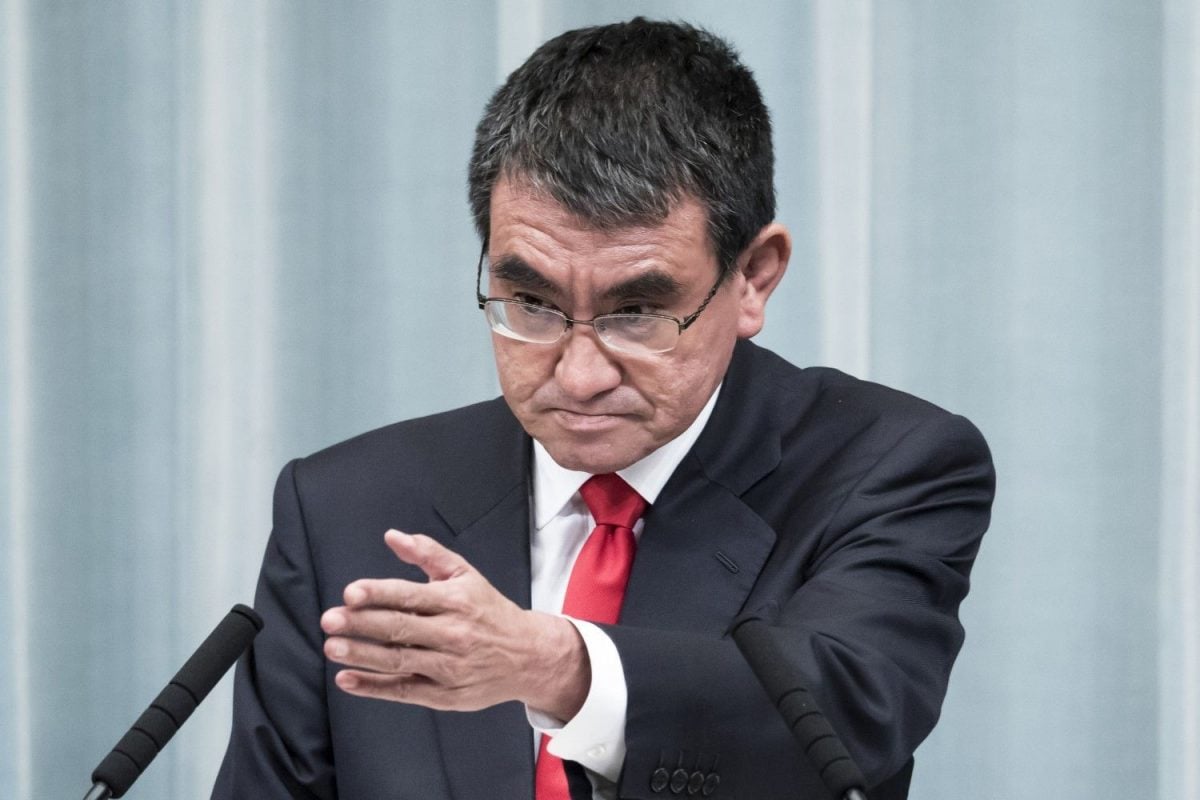
Taro Kono
Another former Minister of Defense, he’s in favor of strong ties with the U.S. as well as economic cooperation across Asia. Unfortunately I don’t have anything snarky to say about him.
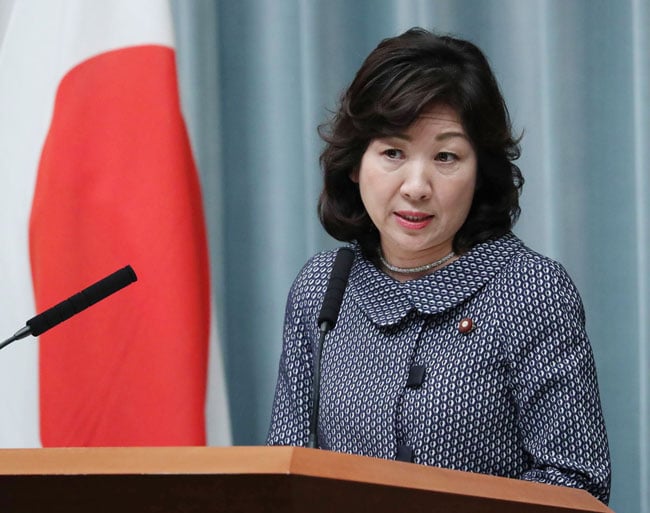
Seiko Noda
In my article on why Japan ranks low on the World Happiness Ranking, I mention that Japan also ranks poorly in terms of “gender equality” according to numbers drafted by Northern Europeans, who look at the entire world from their own narrow cultural lens. The 2018 gender equality ranking lists Japan at 110 (down from 97), worse than India (108) and Cambodia (93) and ahead of Sierra Leone (114), the United Arab Emirates (121) and Turkey (130). South Africa scores an impressive 19 on this ranking, despite having 96 times the number of rapes than Japan per 100,000 women. The reason for Japan’s poor ranking on this list is mostly because Japan has never had a female Prime Minister.
Choosing Ms. Noda, currently serving in Abe’s cabinet as Minister of Internal Affairs and Communications, would be a way to address this failing.
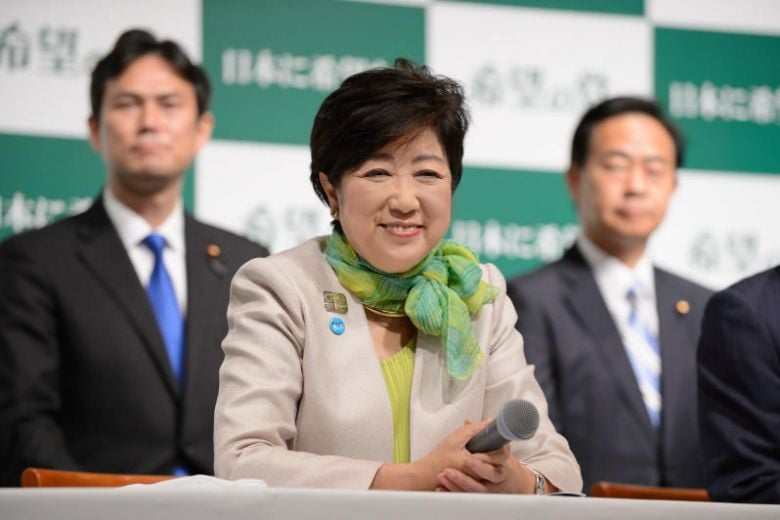
Yuriko Koike
Another amazing female Japanese politician is Yuriko Koike, who was managing the 2020 Tokyo Olympics well, and has pivoted to helping the city handle the virus with surprising effectiveness. She got a lot of political support and is fluent in Arabic. Sadly she in the wrong political party for the PM job.
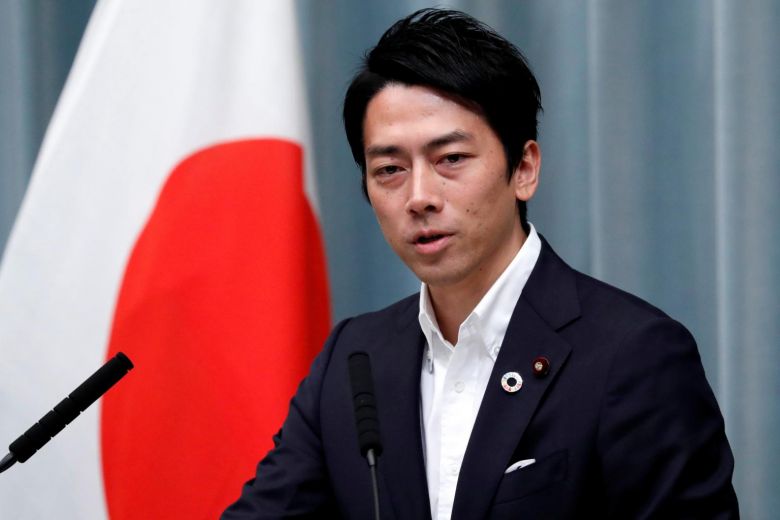
Shinjiro Koizumi
The candidate my wife is pulling for, the son of former Prime Minister Junichiro Koizumi (the guy who looked like a rock star). However it’s clearly too soon for him yet as he’s only 39 years old.
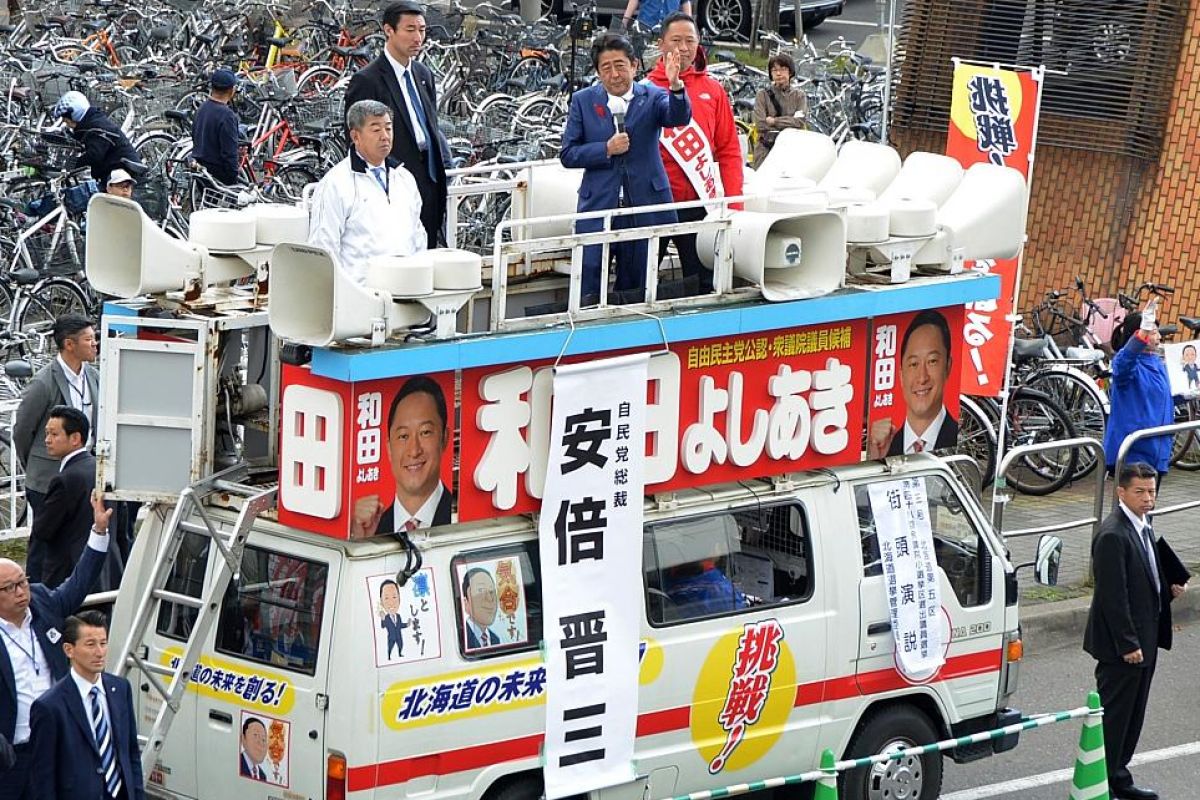
How Politics Work in Japan
Americans are fond of lamenting our two-party system, which generally give us a choice between only Republicans and Democrats on election day. Well I’m here to tell you that Japan is proof that a country can have a plethora of political parties and still be a mess.
Currently there are nine active parties with representation in the Diet (Japan’s Parliament). They are, in order of number of members:
- The Liberal Democratic Party, the primary party that’s been in power almost nonstop since WWII ended. They’re pro-U.S. relations, pro-business and pro-agriculture (a lot of their base support comes from farmers all over Japan). The party is so large there are factions within it that get most of the real work done.
- Constitutional Democratic Party. The new name of what was once called the Democratic Party of Japan, the name constantly shifts every election cycle, which just isn’t good for branding.
- Democratic Party of the People. Some splinter group that dates back to 2018. That’s quite a long pedigree for a major political party!
- Komeito. The “Clean Government Party” originally started as the political arm of the Sokka Gakkai evangelistic Buddhist religion (aka SGI), though official ties no longer exist. It’s basically as if the Church of Jesus Christ of Latter-day Saints had a political arm that was often the third most powerful political force in the country. Komeito often forms coalition governments with the LDP. I especially like their political posters saying, “We are the party who will take the time to listen to the small voices in society.”
- Japanese Communist Party. You gotta love these guys for sticking with their beliefs after all these years. Japan’s Communist Party is one of the world’s oldest, going back to 1922. They mostly adapt a pro-consumer stance and oppose things like the Consumption Tax that might hit consumers more than wealthy people.
- Nippon Ishin no Kai. A small reformist party based in Osaka.
- Social Democratic Party. The remnants of the one-great opposition party, there are only two members left.
- Reiwa Shinsengumi. Another brand new party, taking its name from the police force of the Bakufu military government at the end of the Edo Period. It was started by former actor Taro Yamamoto who became an activist against nuclear power in the aftermath of the Fukushima disaster.
- The Party to Protect the People from NHK. Nippon Hoso Kyokai is Japan’s clone of the BBC, and some Japanese hate having to pay their monthly NHK bill as much as Brits hate pay their monthly license fee. But to create an actual political party to oppose it? That’s some impressive saltiness.
Although there are nine political parties in Japan, there really are only two parties: the pro-business LDP, and whatever coalition can happen to maneuver itself to win power for a short time. But since the LDP is basically pro-U.S. and pro-business, any opposing coalition has to be anti-U.S. (which means pro-China, not a winning strategy these days) and anti-business (though they try to phrase it as being “pro-employees of companies”). The LDP has only lost power twice since WWII ended.
How do “Right Wing” and “Left Wing” Work in Japanese Politics?
In the context of Japan, to be “right-wing” is to support the Imperial System, to be in favor of a strong relationship with the U.S., and to be supportive of business, especially Japan’s famous international companies. Taken to an extreme, for example the right-wing museum on the grounds of Yasukuni Shrine, it’s to believe that Japan’s actions before and during WWII were no different from the “empire games” that all world powers were engaging in at the time, but that’s a rare opinion to encounter.
To be “left-wing” in Japan is to believe that something closer to socialism will provide the best outcomes to the most people, to oppose the continuation of Japan’s Imperial System, and to have a less close relationship to the U.S., especially militarily.
Just as we all know that Fox News is right-leaning politically and MSNBC or CNN might lean the other way, Japanese news sources have a bias to them. Want to read news that’s generally supportive of Prime Minister Abe’s government? Read the center-right Yomiuri Shimbun. Are you not a fan of the LDP? Then pick up Asahi Shimbun, where you’ll find more criticism of his policies.
People are people wherever you go.
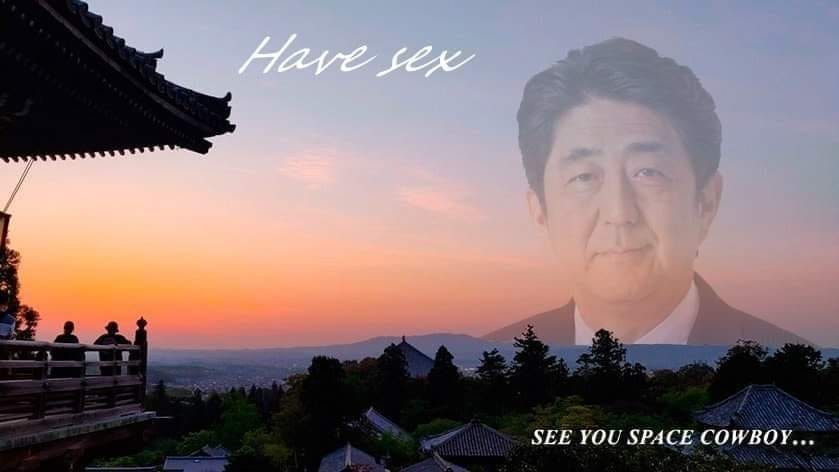
Congratulations to Prime Minister Abe and Best of Luck in the Future!
Anyway, congratulations once again to Prime Minister Abe, and thanks for providing capable leadership to a country everyone reading this post feels an affinity to. See you, Space Cowboy!
The weekend is here, and we thought we’d make it extra special with a $10 coupon, allowing you to get any awesome products you want from J-List! The coupon is automatic and will be applied at checkout. Thanks for being a great J-List customer, and have an awesome weekend! Why not browse our top all-ages items or best-selling naughty products to get started?



